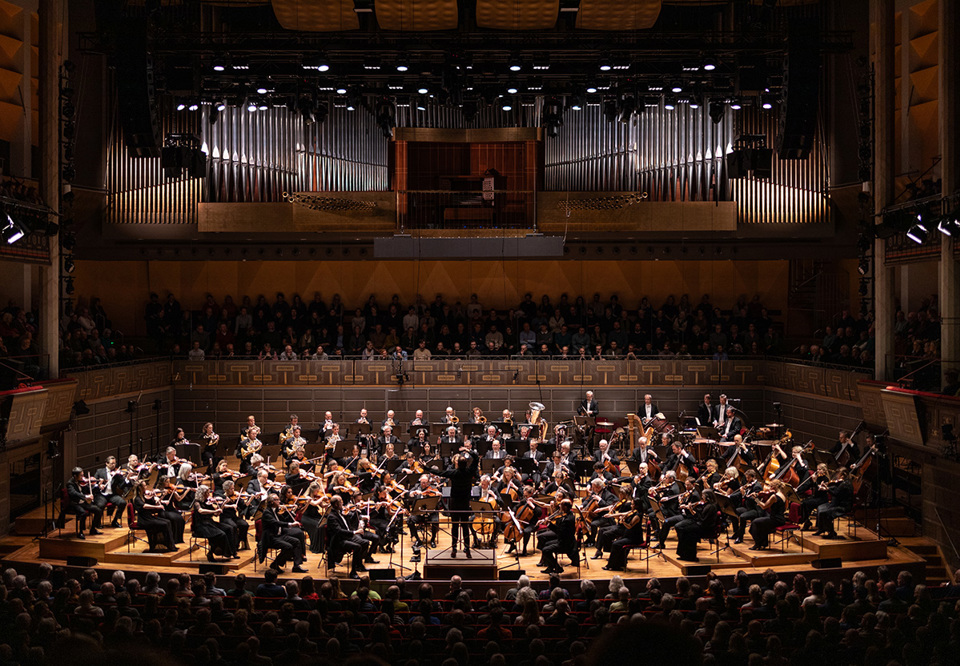Mozart, Bartók and Tchaikovsky
Moving and passionate music with winds and strings of the Royal Stockholm Philharmonic.
The slow third movement in the Gran Partita is among the most beautiful and poignant pieces of music Mozart ever wrote. In Milos Forman's film Amadeus, the music is used in a key scene: when Salieri describes the music and realizes that Mozart is a genius. The masterpiece Gran Partita consists of seven movements that alternate between dance-like joy and contemplation. The music is composed for 12 wind instruments and double bass, and is performed by members of the Royal Stockholm Philharmonic Orchestra.
The other two works in the programme are performed by the orchestra's strings. Divertimento is Italian and means entertainment, diversion. And Béla Bartók's Divertimento for Strings certainly lives up to its name. The music occasionally blossoms into melodic pirouettes, and the lively rhythms are inspired by Bartók's interest in folk music.
Mozart was one of Tchaikovsky's great influences, which is understandable when you hear his Serenade. Like in Gran Partita, the music is passionate and sometimes melancholic, but above all overflowing with happiness. Music straight from the heart, as Tchaikovsky himself emphasized. Concertmaster Andrej Power leads the strings of the Royal Stockholm Philharmonic Orchestra.
-
The music
Approximate times -
Wolfgang Amadeus Mozart From Serenade in B flat major "Gran Partita"40 min
-
Intermission25 min
-
Béla Bartók Divertimento for string orchestra22 min
-
Pjotr Tjajkovskij Serenade for string orchestra30 min
-
Participants
- Royal Stockholm Philharmonic Orchestra
- Andrej Power leader



